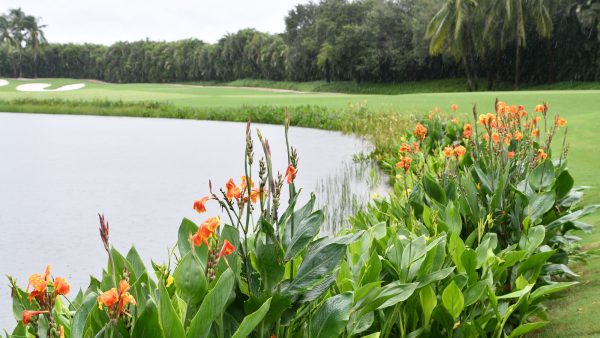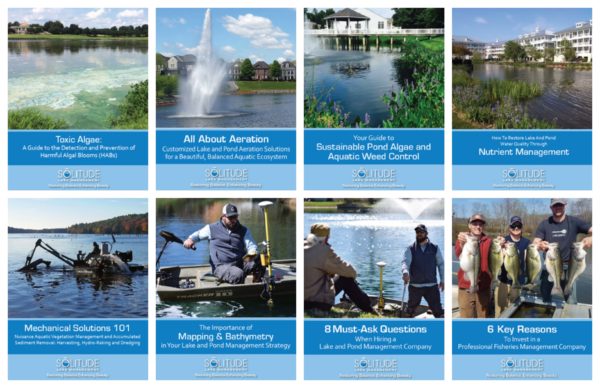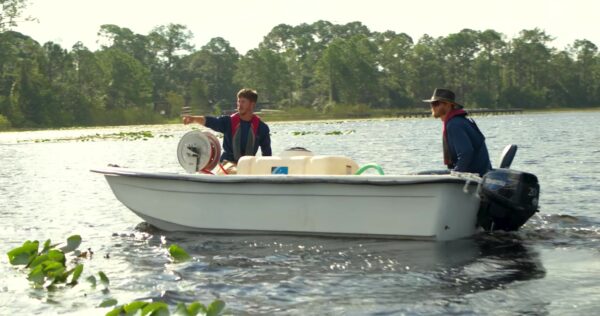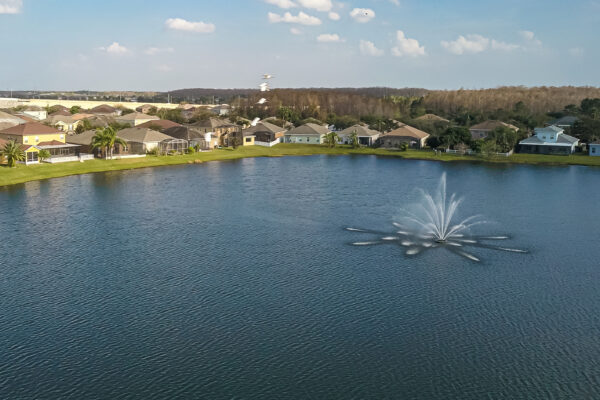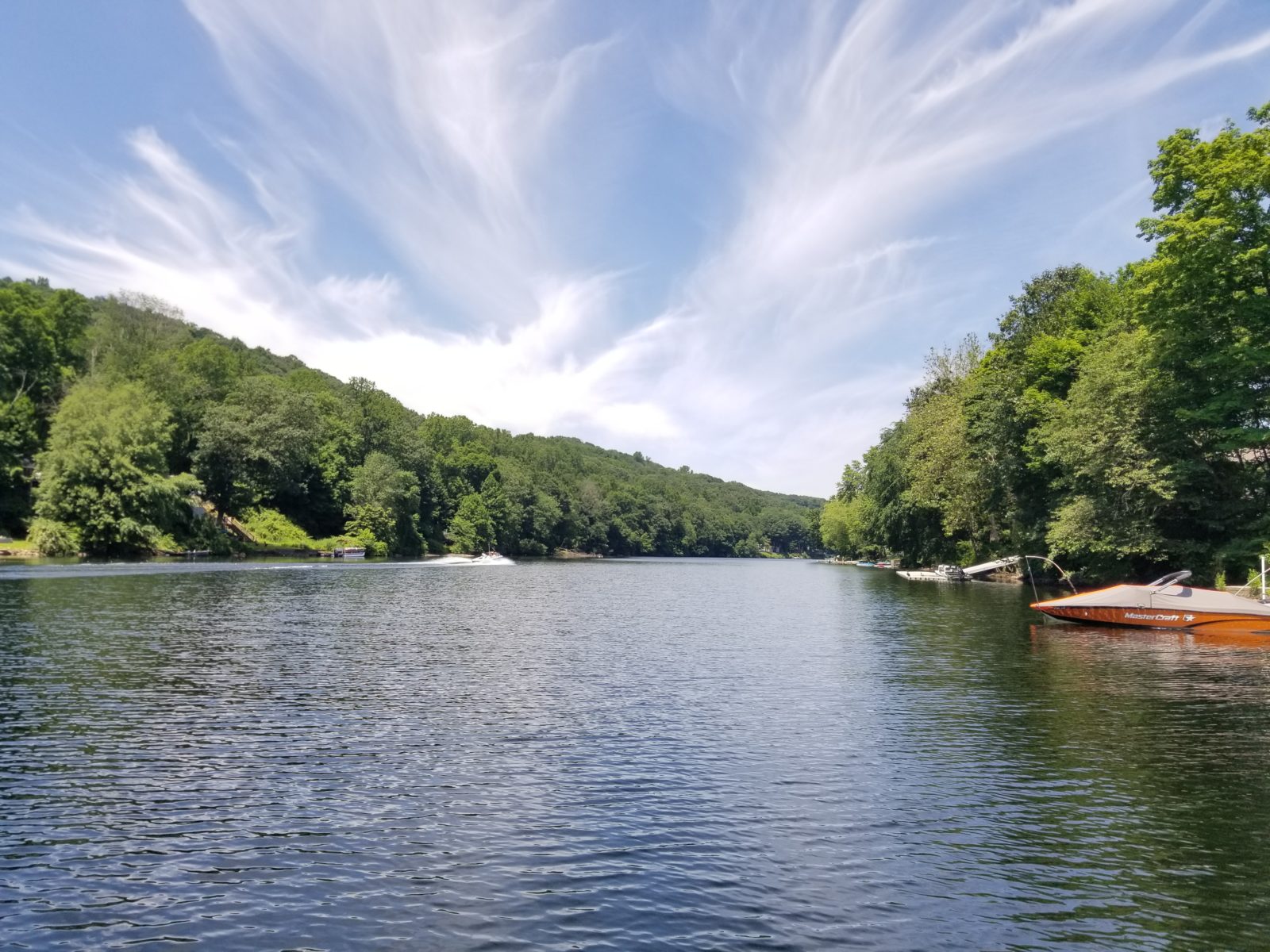Benefits of Controlling Nuisance Aquatic Plants & Algae In The U.S.
August 5th, 2014
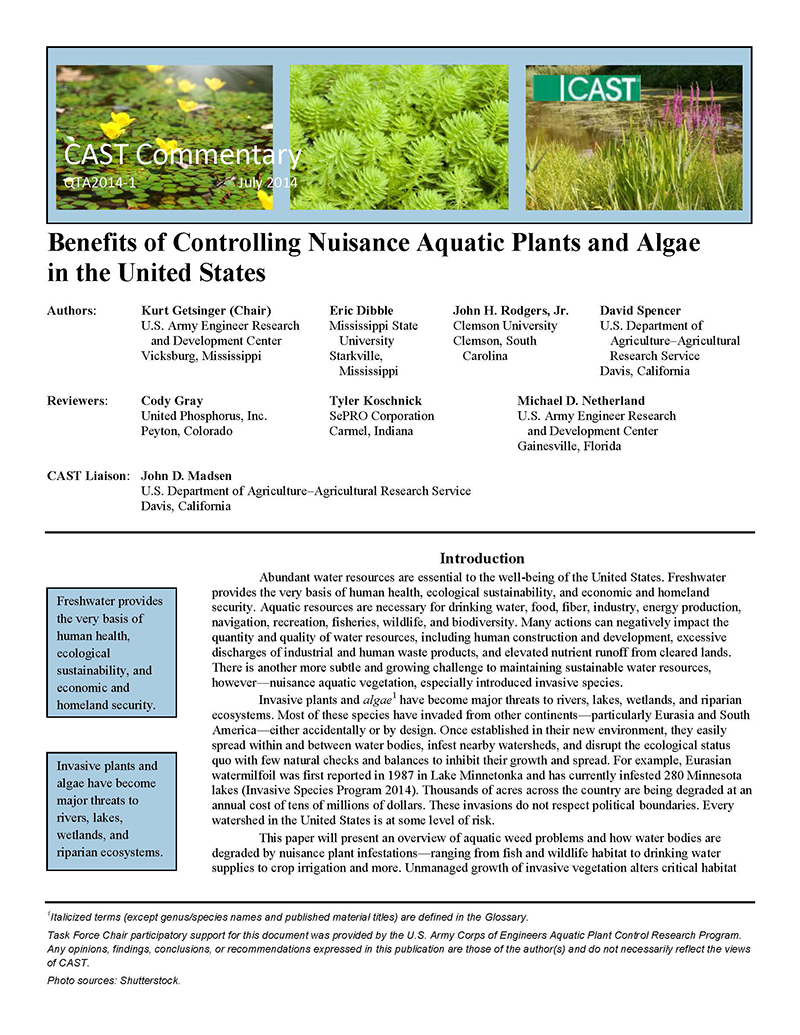 The Council for Agricultural Science and Technology’s (CAST) new Commentary was rolled out on Wednesday, July 16, at the Aquatic Plant Management Society’s annual meeting in Savannah, Georgia. Dr. John Rodgers of Clemson University provided a well-received presentation about the pertinent aspects of the paper.
The Council for Agricultural Science and Technology’s (CAST) new Commentary was rolled out on Wednesday, July 16, at the Aquatic Plant Management Society’s annual meeting in Savannah, Georgia. Dr. John Rodgers of Clemson University provided a well-received presentation about the pertinent aspects of the paper.
Safe, accessible water resources are essential, but various threats are closing the taps. A growing problem comes from nuisance aquatic plants that invade rivers, lakes, and other aquatic ecosystems. They can affect aesthetics, drainage, fishing, water quality, fish and wildlife habitat, flood control, human and animal health, hydropower generation, irrigation, navigation, recreation, and, ultimately, land values.
Led by Kurt Getsinger (Chair), the authors of this Commentary emphasize the necessity for the skillful management of nuisance aquatic plants–they hope regulators, managers, stakeholders, and legislators gain scientific insights about this important issue. Using specific examples and detailed explanations of the situation, the paper thoroughly examines the negative impacts of nuisance plants and the need to be aware, informed, and–when possible–proactive about the problems.
Sections of this paper focus on certain parts of the United States, but the general need is obvious–invasive aquatic plants and algae are progressively disrupting the ecological balance required for maintaining adequate freshwater resources for flora, fauna, and humans. The authors encourage long-term funding, sustained research, and creative problem-solving.
They believe that a collaborative push to meet the challenges posed by nuisance aquatic plants will support a sustainable civilization that depends on clean and abundant freshwater resources.
Task Force Authors:
* Kurt Getsinger (Chair), U.S. Army Engineer Research and Development Center, Vicksburg, Mississippi
* Eric Dibble, Mississippi State University
* John H. Rodgers, Jr., Clemson University, Clemson, South Carolina
* David Spencer, United States Department of Agriculture-ARS, Davis, California
Contact the experts at 888-480-5253 for all of your lake, pond and fisheries management needs.
Since 1998, SOLitude Lake Management has been committed to providing full service lake and pond management services that improve water quality, preserve natural resources, and reduce our environmental footprint. Services are available throughout the Eastern United States. Fisheries management consulting and aquatic products are available nationwide. Learn more about SOLitude Lake Management and purchase products at www.solitudelakemanagement.com.

